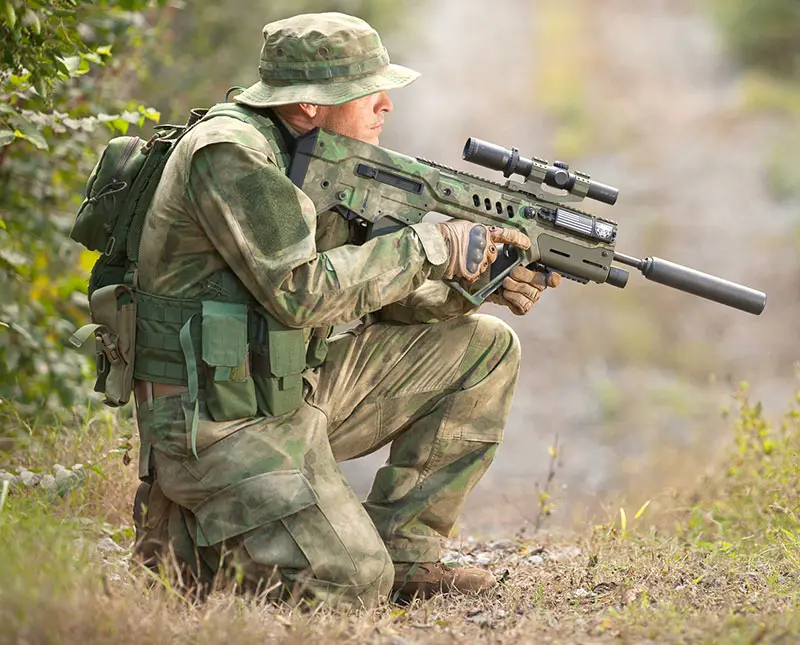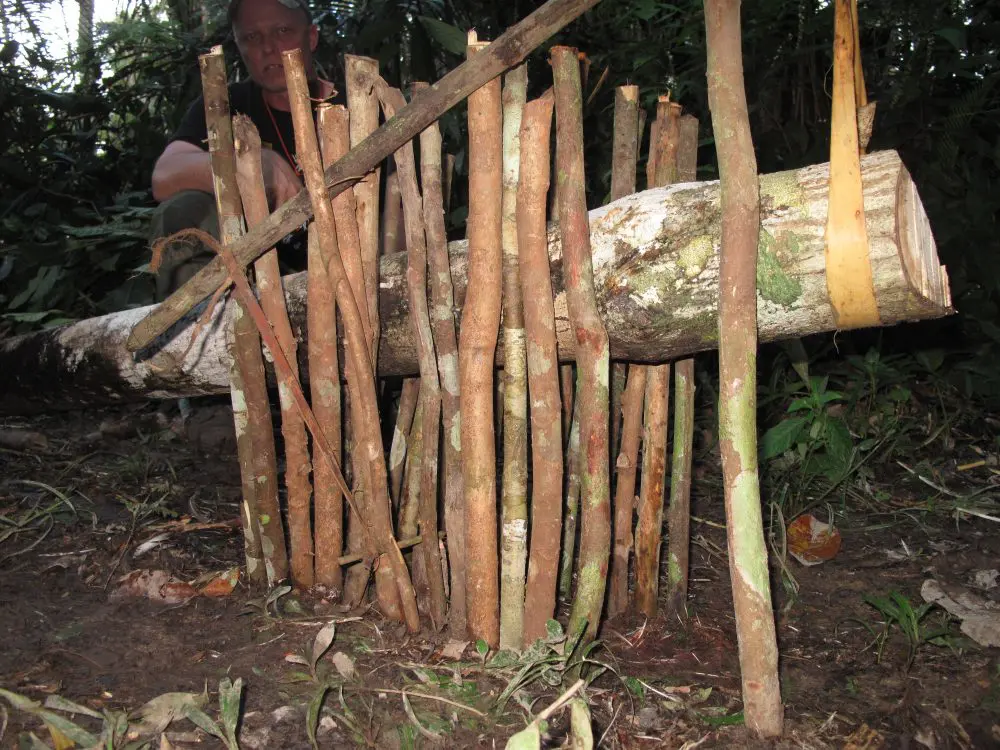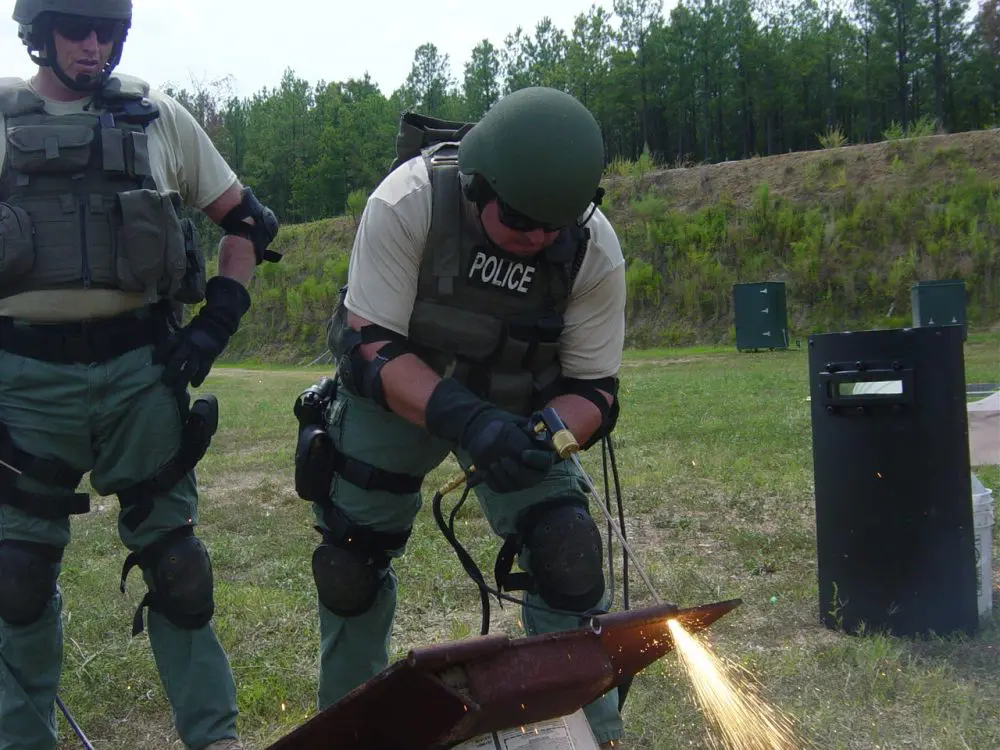This year I conducted nine consecutive weeks of training in the rain. And it wasn’t just rain—we also had cold temperatures, wind, fog and hail in concert with the rain, plus very liberal quantities of mud thrown in for good measure.
In other words, it wasn’t the southern California weather I’m accustomed to—70 degrees with a slight offshore breeze topped off by a picture-perfect sunset.
This period of training wasn’t much of a party. Those students who showed up (and there were quite a few) learned something that those who did not show up missed out on. In foul weather, things don’t work quite as well as when the weather is good. It is one thing to train in a thong, Teva sandals and a T-shirt, and quite another to train in heavy boots, rain gear, fogged glasses, wet hats, wet gear, wet weapons, cold fingers, non-responsive body parts, limited visibility and a suck factor that’s off the charts.
Your speed will slow, you’ll fumble, and many things will go south that you don’t want to go south. Gear that you can usually get to quickly you will not get to quickly when layers of clothing have to be peeled aside just to reach them.
Optics fog up; water distorts the field of view; light does not push into the rain very well; and back light from fog, flash condensation and powder can all but obscure a target. Firearms slip in the hands. Magazine releases are harder to work, as are the slide stops and control surfaces. Mud jams magazines and gets into everything you do not want it to get into.
But when you’re wet, cold, and miserable and cursing your instructor for not cancelling the class, keep this in mind: Bad guys do not just caper in the sunshine. Bad guys do not just caper when the weather favors their capering activities. Perhaps your training should reflect this pertinent factoid.
During one class we conducted, a number of European police officers were in attendance. By coincidence, an adjacent range was also conducting “police training.” When the rain started, they promptly packed up and left. The European officers looked at me and said, “Really? They left?” “Yep, they sure did.” Embarrassing. My guys stayed the course and were the better for it—by a long shot.
Here’s the thing: You don’t really know what obstacles you might encounter if you don’t experience them in the first place. It’s the old adage, “You don’t know what you don’t know.” Perhaps this police group would have melted in the rain—I don’t know. Our guys didn’t melt, they didn’t die, and they didn’t contract incurable diseases, but they did learn some very valuable lessons.
Look at it this way: No matter how miserable you are at the moment while training in harsh conditions, at some time in the future you will be dry, you will be warm, you will be full and you won’t be thirsty. If perchance you do die, then it really doesn’t matter anyway, does it?
Some students don’t like their weapons being utilized in the rain and mud. If it’s a showpiece, donate it to a museum. If it’s a working gun, work it. This is why God invented Hoppe’s gun oil and Q-Tips. Besides, battle scars and dings lend a certain credence to the possessor’s status.
I don’t particularly like the rain, the mud, the wind, the fog or the hail myself, but I endure it so that you can experience it with me. Misery loves company. Unless the meteorological conditions prove to be life-threatening, I simply won’t cancel classes. Too much can be learned from training in conditions just this side of disaster.
At some point I will be dry and warm and clean and full and will have pushed myself when others didn’t. This may make all the difference in the future.
[Scott Reitz is a 30-year veteran of the Los Angeles Police Department and the director of the highly acclaimed International Tactical Training Seminars. Course information and schedules are available at their website at www.internationaltactical.com. Looking Back, a free monthly newsletter, is available by email at [email protected].]




